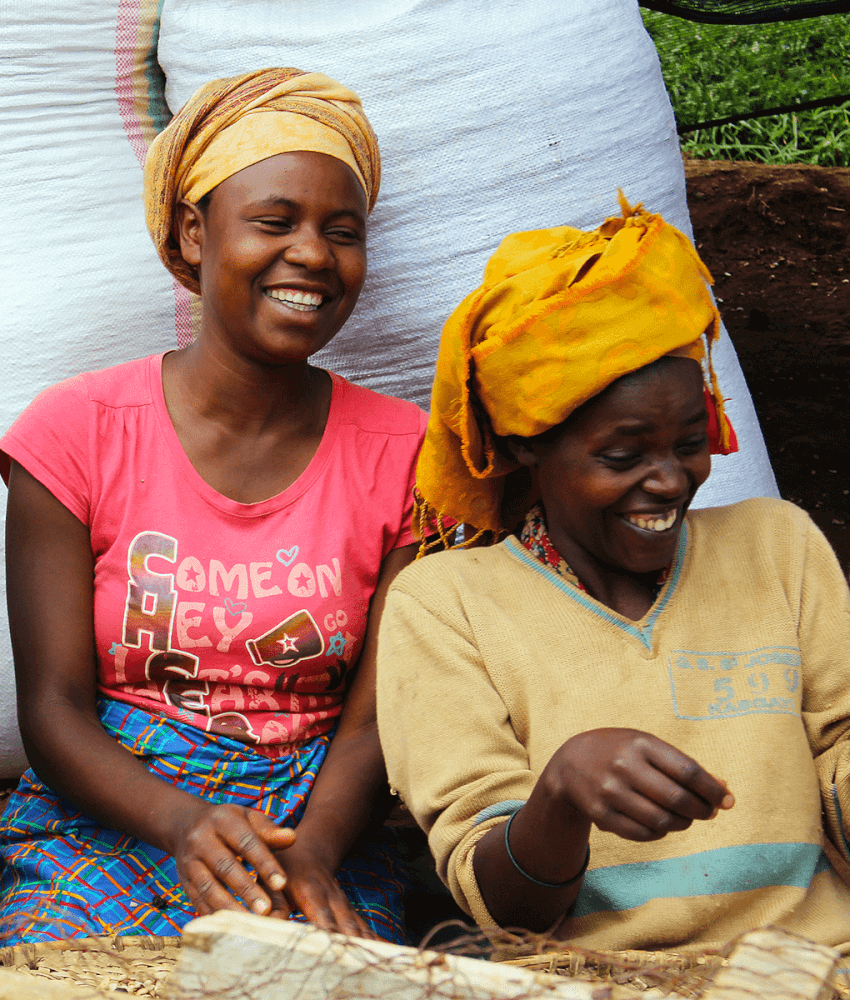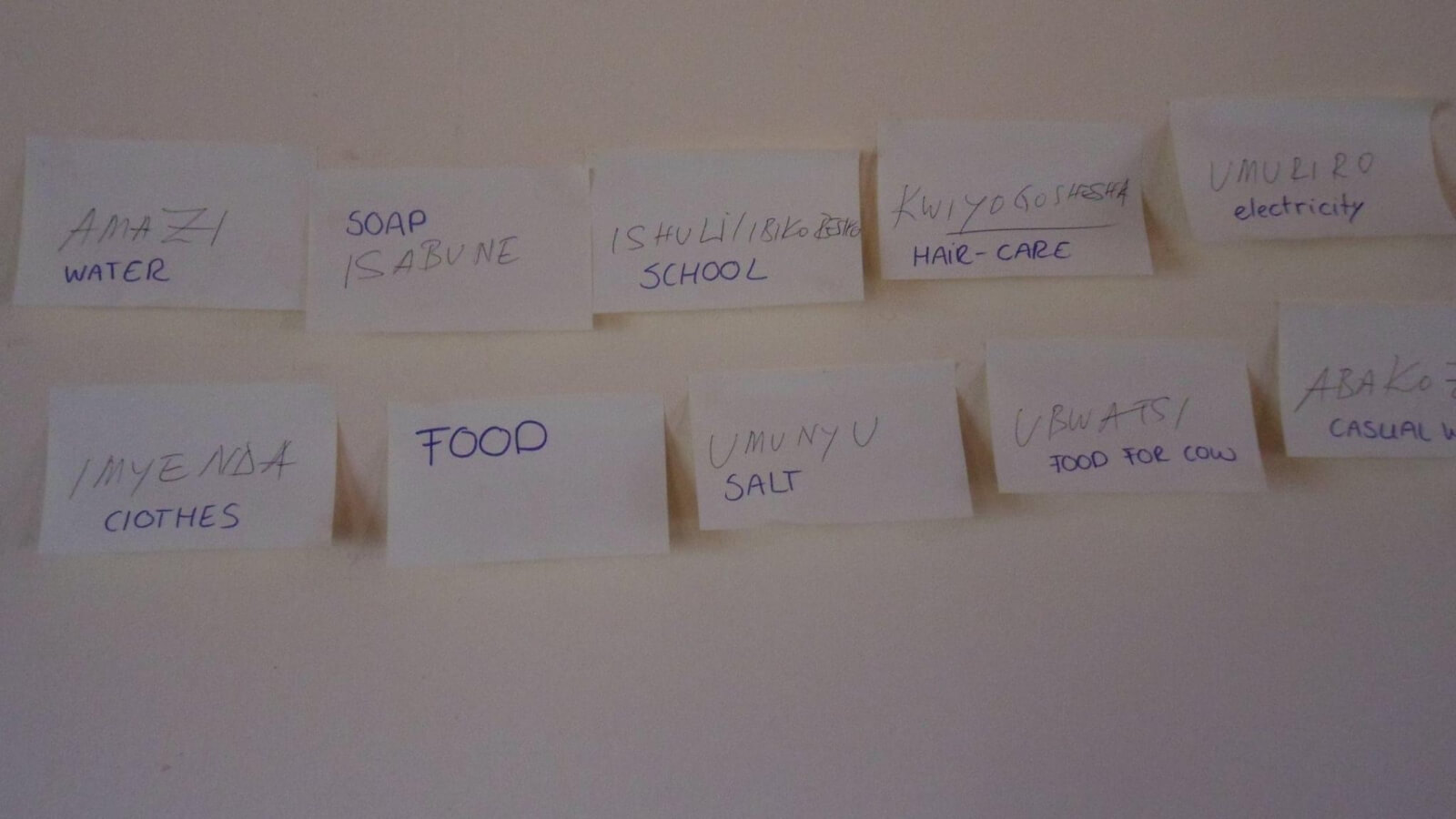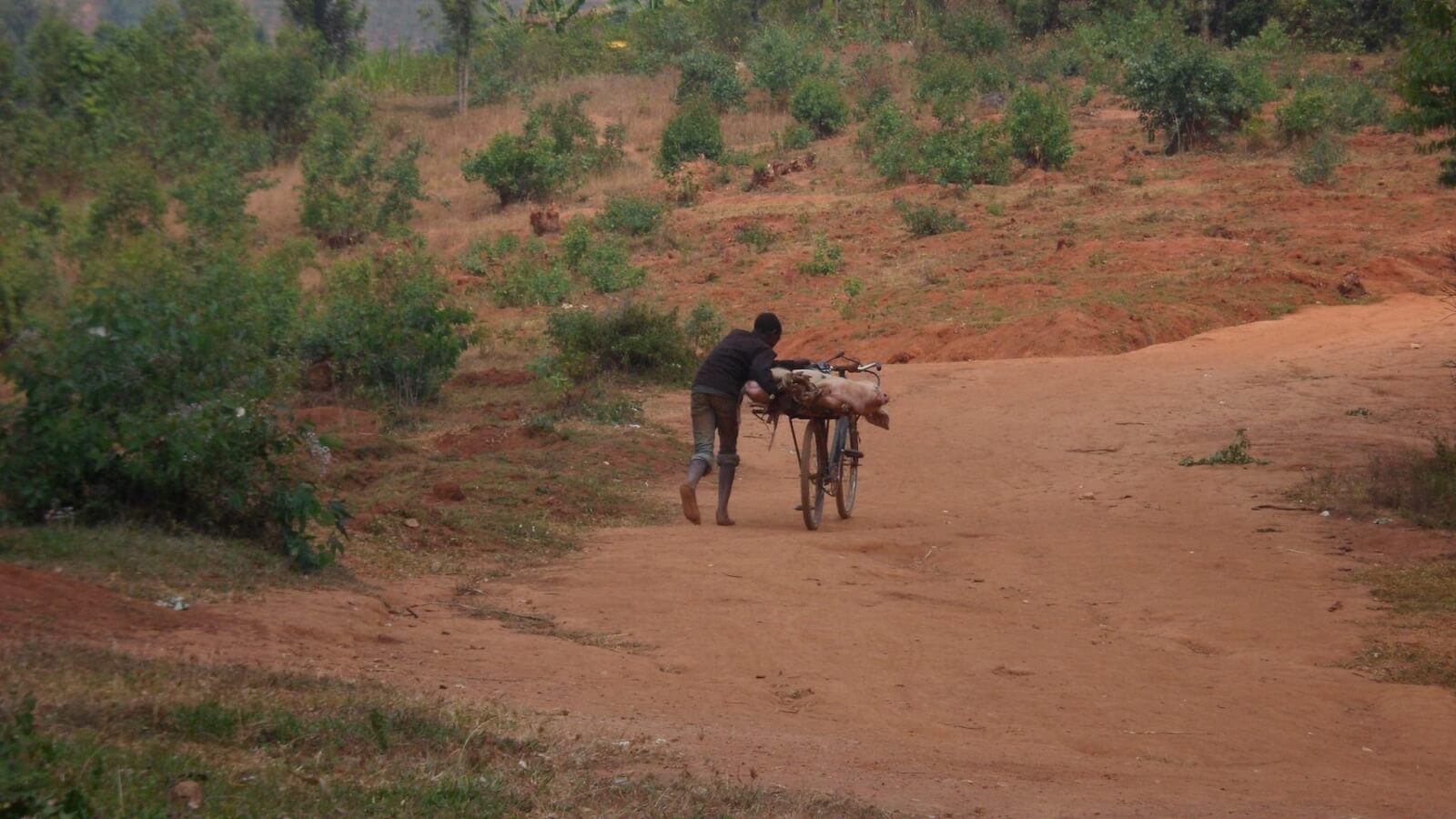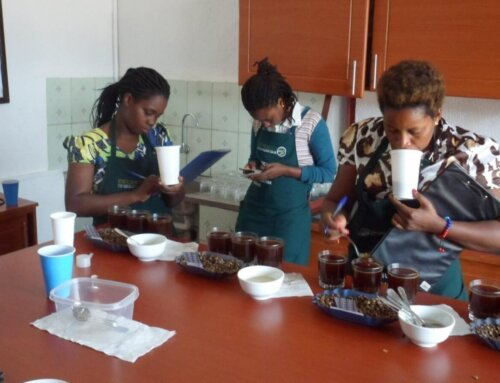Rwanda
Sovu Natural
Microlot
Region : Huye District
Altitude : 1,700-2,200 masl
Process : Natural
Variety : Bourbon
Grade : A1
Q Score : 87.25
Very fruity cup: Cherry, strawberry, Cointreau-like, milk chocolate. Fruit bowl.
Very well processed natural coffee.
Dominant Flavour

Secondary Flavour

Coffee Bio:
Sovu is one of Abahuzamugambi Ba Kawa (Maraba) Cooperative’s washing stations which begun operating in 2005. It is currently Fairtrade certified and working towards both CAFE PRACTICE and UTZ certifications and collects coffee from 420 smallholder-members. The producers have formed a union in order to have access to fund for saving and provide credit amongst themselves.
A testament to their great coffee farming practices, the Sovu washing station has consistently ranked amongst the best coffees in Cup of Excellence, winning the national competition five times since its inception in 2008. (2008, 2011, 2012, 2013, and 2015).
Area:
The coffee farms are situated high in the green hills of the Huye Mountain (2,000masL) and benefit from a rich and fertile volcanic soil.
They are favoured by two wet and dry seasons every year with cool, stable temperatures creating a lush environment favorable to coffee farming.
Process:
The predominant coffee variety in Rwanda is Bourbon. The harvest usually takes place between March and June.
The mountain roads are in pretty poor condition and very few people own motorized vehicles which makes coffee cherry transport very difficult. To answer this problem the Maraba cooperative organises for all its washing stations to collect coffee cherries daily, directly from the farmers or from collection points.
As most coffee farms are extremely small (fewer than 400 trees on average) and the washing station receives cherries twice a week from hundreds of members, isolating lots by producer proves very expensive and impractical. Instead, the lots are mixed at the washing station on the day they are delivered and labelled by its name, grade and delivery date. (eg: Sovu 20.04.A1)
The coffee cherries are hand-sorted to remove over- and under-ripe cherries, and subsequently spread in a thin layer on the drying tables. The drying time takes up to two or three weeks depending on weather conditions. During that time, the coffee is moved regularly to allow even drying and avoid mold formation, and covered at night to avoid moisture re-absorption.
Natural coffees are difficult to produce as the process is very dependent on favorable conditions. The best time is usually June, and the lots are only processed in small quantities.
Maraba Cooperative:
In its native Kinyarwanda language, Maraba is called ‘Abahuzamugambi Ba Kawa’ which translates into ‘Together we work the coffee’. It was established in 2001 in the wake of the civil war and terrible genocide that took place in 1994. I had the pleasure to discover Maraba’s wonderful coffees when I was working for Union Hand-Roasted Coffee , a London-based roastery that has been instrumental in helping the cooperative take shape at its inception.
A prime example of the benefits from relentless work and long-lasting relationships with roasters and importers, Maraba’s success has enabled the cooperative to support its members with financial management workshops, agronomy training and access to affordable farming tools, organic pesticides and fertilizers. Members are also given access to a number of services, including financial support for school fees and health services and loan facilities for home loans and farming equipment.
Sovu Location:







